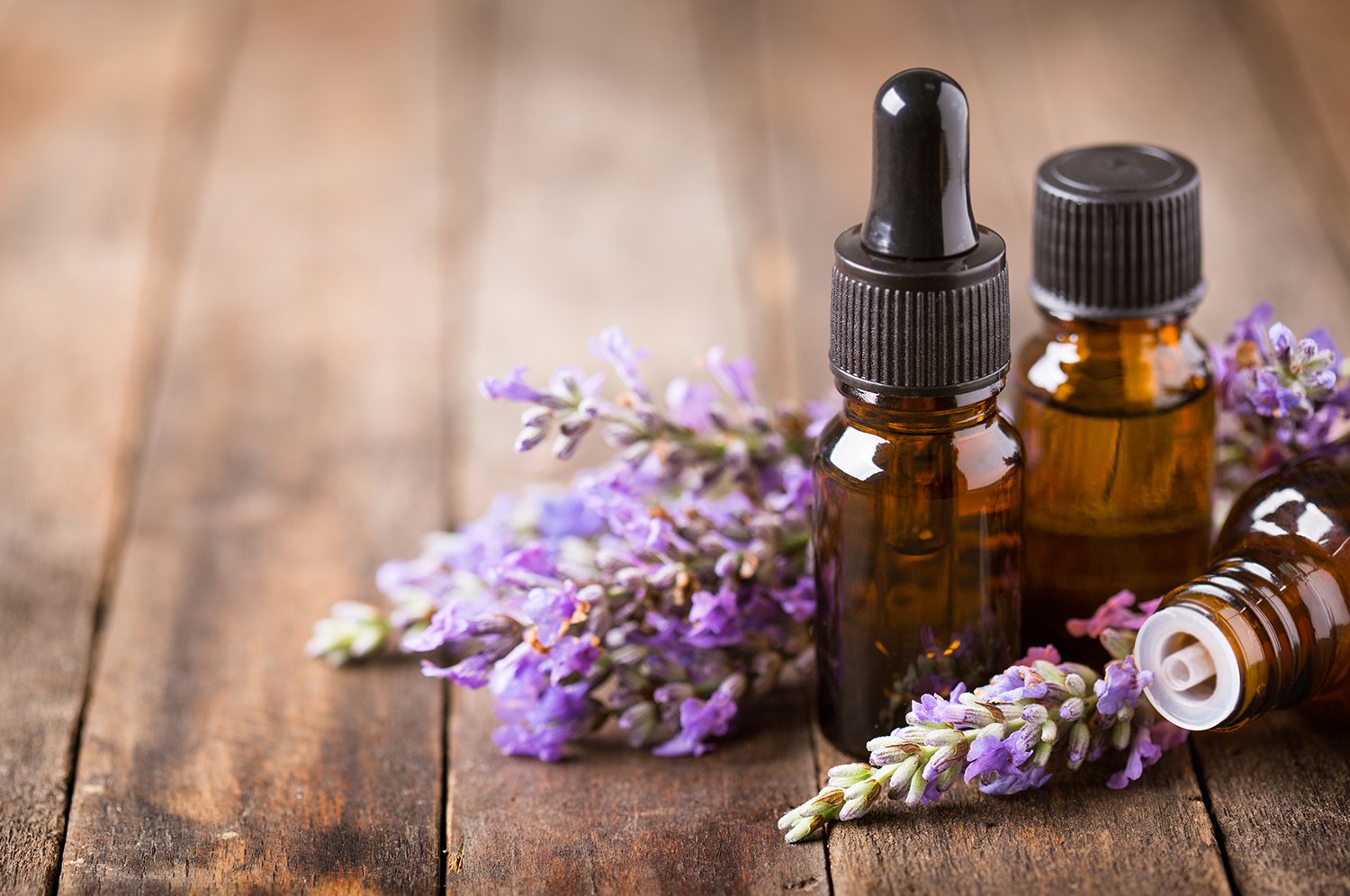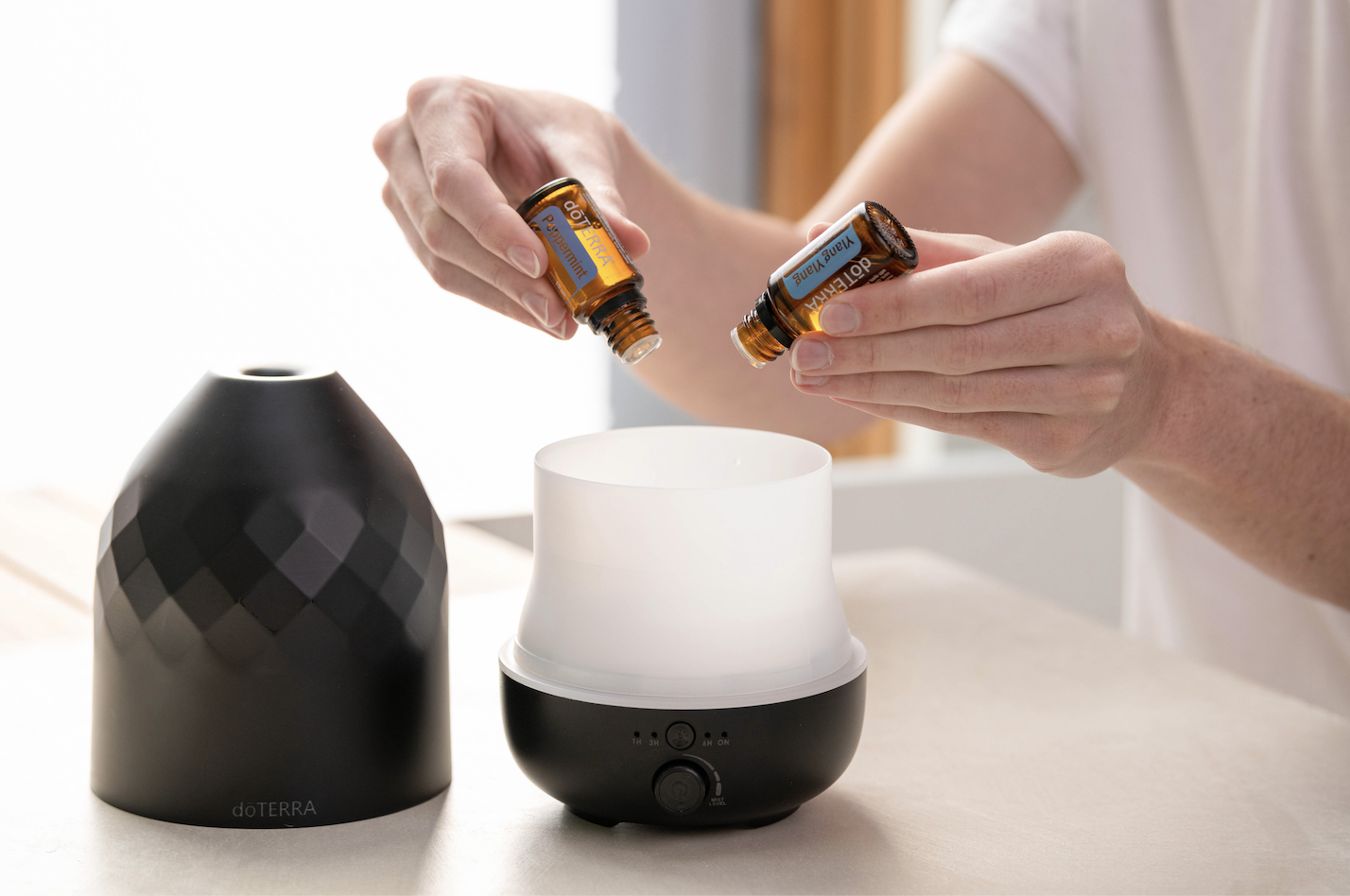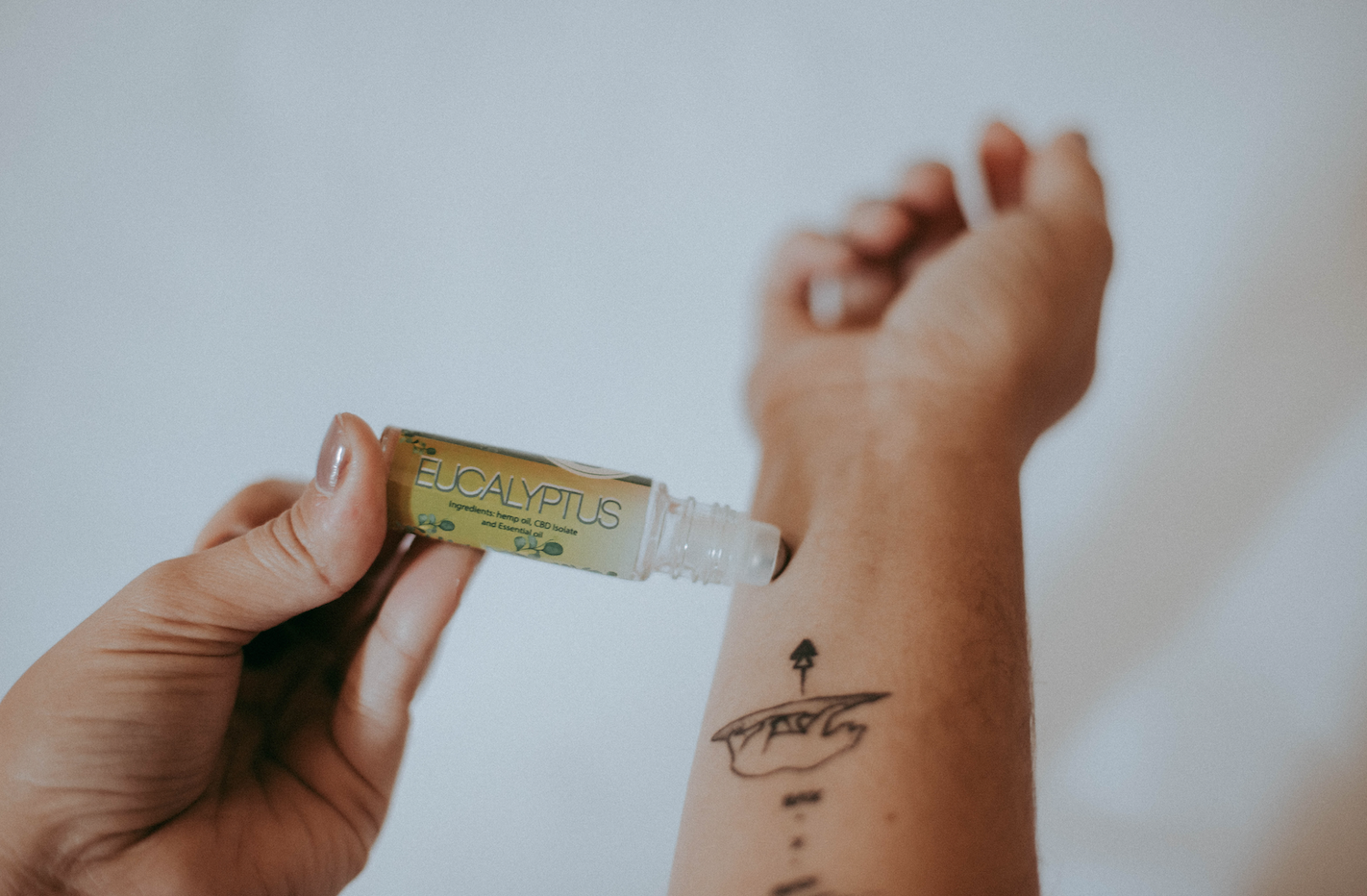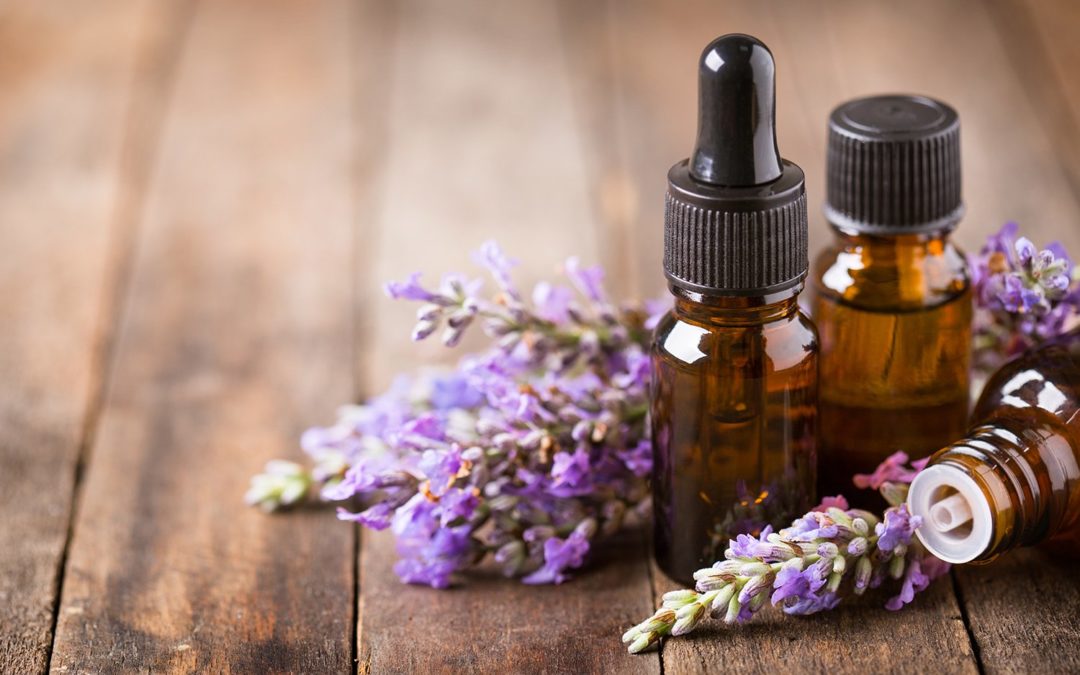
What do you feel when you catch a whiff of something pleasant? It can transport you to a place you’ve been before, a memory of your childhood, and uplift or soothe your mood. Such is the power of scentscaping, an art form, a self-care treatment, and an interior design trend all rolled into one.
What is scentscaping, how can it improve your well-being, and most importantly, how is it different from aromatherapy?
(READ MORE: The Health Benefits of Aromatherapy)
What is scentscaping?

Aromatherapy is a holistic treatment that uses natural plant extracts that promote health and well-being. Scentscaping, on the other hand, is also aromatherapy but focuses more on spaces.
Scentscaping is the art of decorating a space or room with a scent. It involves carefully selecting, layering, and placing fragrances in a way that creates a desired mood or atmosphere, redefining the way we experience our spaces. (definition from Spoken Flames) This trend largely emerged due to the pandemic, when everyone was on lockdown and doing WFH.
Says Vicken Arnesian, re-founder at Commodity Fragrances, scentscaping emerged as a necessity during the pandemic lockdowns when there were no clear boundaries between our personal and work lives. By assigning a scent in each room, it helped us distinguish between an office space, or a home space, for example, helping work-from-home employees achieve their best selves.
However, with the hybrid setup becoming the norm these days, scentscaping still has a role to play, and rightly so.
How does scentscaping work?
Think of scentscaping as fragrance zoning. By assigning scents to different zones of your house, you get to do two things: 1) create delineations in your everyday routine; 2) help you make the switch from one activity to the next.
For example, if you use the living room as your office during the day, a zesty citrusy scent is believed to enhance productivity. Use a diffuser with sparkling floral notes and orange blossoms – perfect for turning your living space into a thinking, working zone.
By nighttime, consider putting on something relaxing that signals your brain you are retiring for the night. Lavender oil is known to induce sleep and relaxation.
Over time, says Rebecca Herd, a perfume expert interviewed by Metro.co.uk, your mind will start associating those scents with the boundaries you have set.
Through scentscaping, not only do you set zones for each part of the house, you also send cues to your body, enabling it to move seamlessly throughout the day.
Here are other examples, should you want to dabble in scentscaping:
- For your workplace or study book, peppermint is said to help enhance focus, while citrusy notes can help you feel more energized.
- If you’re entertaining in the living room, try vanilla, said to put everyone in high spirits and conversational mode.
- Had a long day and needed a destresser? Use eucalyptus or jasmine to help your body relax.
- Combat sadness with a spritz of patchouli, said to be mood-uplifting.
However, fragrance experts advise you not to be boxed by these options. Once you get the hang of scents, you can start experimenting. Scents can be layered to create a signature scent.
Take it from Dawn Spencer Hurwitz, a pioneer of olfactory art in the United States. In her TEDTalk, she said “Perfumery is an incredible art form you can never exhaust your imagination. There’s always new materials to combine in novel ways and see your stories through.”
She encourages the viewers to think of scents as colors, lines and shapes. Every aroma has a unique visual quality attached to it.

Choose your mode of scent dispersion
Once you’re ready to try scentscaping, the next step is determining what your vehicle of scent dispersion would be. There are many options, and people grow favorites depending on many factors.
First, consider using aromatherapy candles. A candle can transform the energy and mood of a room. We have a long history of using candles in human culture, from celebrations to human ceremonies, providing a small source of ambient light in a room.
Some factors to consider in choosing an aromatherapy candle: is it natural and eco-friendly? Non-toxic? Does it have a clean and long burn? Is the fragrance it emits strong?
Though candles are a clear favorite, they pose fire hazard risks, and requires a 1-hour burn to avoid tunneling. If you have kids and pets, this may not be your best option.
Compared to candles, an electric diffuser as a scent dispersion vehicle is a safer choice. An electric diffuser is a device that produces a continual mist of essential oils, emitting a relaxing and long-lasting scent. This is the preferred vehicle by essential oils enthusiasts such as Young Living, and Plant Therapy.
However, one should note that since the oil is a plant-based product, it can possibly cause skin irritation and other hormone-related symptoms. Once you develop an allergic reaction, it’s best to discontinue use and consult with a doctor.
Lastly, another scentscaping route is using room and linen sprays, though the perfume might not be as strong as the other two options (candles and electric diffusers).
There are many pros and cons to consider, it’s all a matter of choosing what will best work depending on your needs.

What are the health benefits of scentscaping?
If you’re looking for scientific research backing scents and aromatherapy, unfortunately, there is none.
Doctors mainly view aromatherapy as a type of alternative therapy that can encourage and help people relax, and mainly relieve anxiety, stress, and insomnia.
For this, medical experts have given scentscaping a blessing, as long as it is used safely.
Here are the benefits of scentscaping and aromatherapy in general:
- Ease stress, anxiety, and depression
- Boost feelings of relaxation
- Improve sleep or relieve insomnia
- Can help ease head ache or other kinds of pain
- Can encourage user to meditate more
If you’re looking for a new way to do self-care, and if you need an extra boost working from home, then try scentscaping and enjoy every whiff of this aromatic trend. Who knows, this might beat meditation, walking, and other ways you do relaxation.
Tags
References:
https://www.glamourmagazine.co.uk/article/scent-scaping-fragrance-zoning
https://metro.co.uk/2021/06/14/what-is-scent-scaping-and-how-do-you-pull-it-off-14767330/
https://www.webmd.com/balance/stress-management/aromatherapy-overview
TEDTalk on Scents: https://www.youtube.com/watch?v=bsDsUaIU81M
https://metro.style/living/tips/applying-the-art-of-scentscaping-in-your-home/32254



0 Comments
Trackbacks/Pingbacks